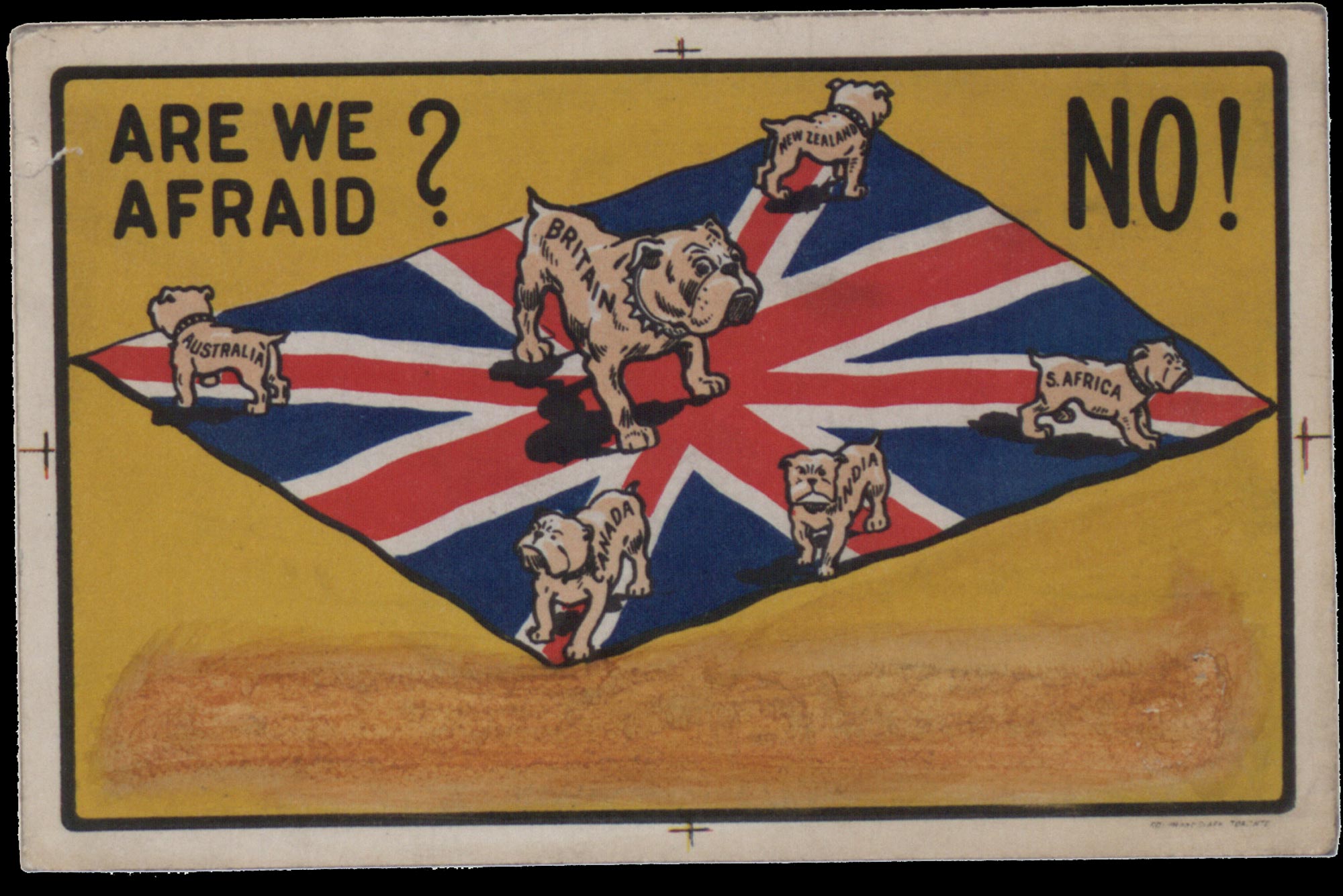Why did war begin precisely where and as it did? Need all the nations that were drawn into it have participated? Which nation was primarily responsible for causing the war? Within that nation, which groups, which leaders?
Given war, need it have taken the form that it did? In part because the victor writes the history, the majority of historians have blamed Germany or the tottering Austro-Hungarian Empire for the war. However, most historians do agree on certain matters concerning the outbreak of the war.
Nationalism was the root cause of World War I. The heir to the Austro-Hungarian Empire was assassinated by a Serbian nationalist, and the empire determined to stamp out Serbian nationalism by extracting humiliating concessions from the Serbs. Since Russia was the defender of the Serbs and a supporter of Serbian nationalism, Russia was drawn into the circle of war; because Germany was the protector of Austria, it, too, saw no choice but aggressive action.
Because Russia was in alliance with France, that nation was drawn in. All sides used the rhetoric of defense, all took the actions of offense. No one could have guessed how destructive the war would be, or some nations might well have elected not to honor their treaty commitments. In a sense, the war was caused by a series of miscalculations as to the intentions of the enemy, the enemy’s strengths, and where national self-interest lay.
Still, war between these nations alone need not have engulfed the world had other nations not feared one or more of the prospective combatants. Britain was convinced that the Germans were intent on asserting world power; the German invasion of Belgium appeared to con- firm the German bid for, at the least, European dominance. The Ottoman Empire feared the Russians and dis- trusted French and British intentions in the Near and Middle East.
Italy and Japan were determined not to be left out in any postwar realignment of power. The United States did not wish to see a German victory or the emergence on the European Continent of a military dictatorship that would threaten American growth and institutions. In the end the Nvar became a world war because the belligerents either had or wished to have overseas colonies, so that their colonial dependencies, or the lands that they coveted, were swept into the conflict.

